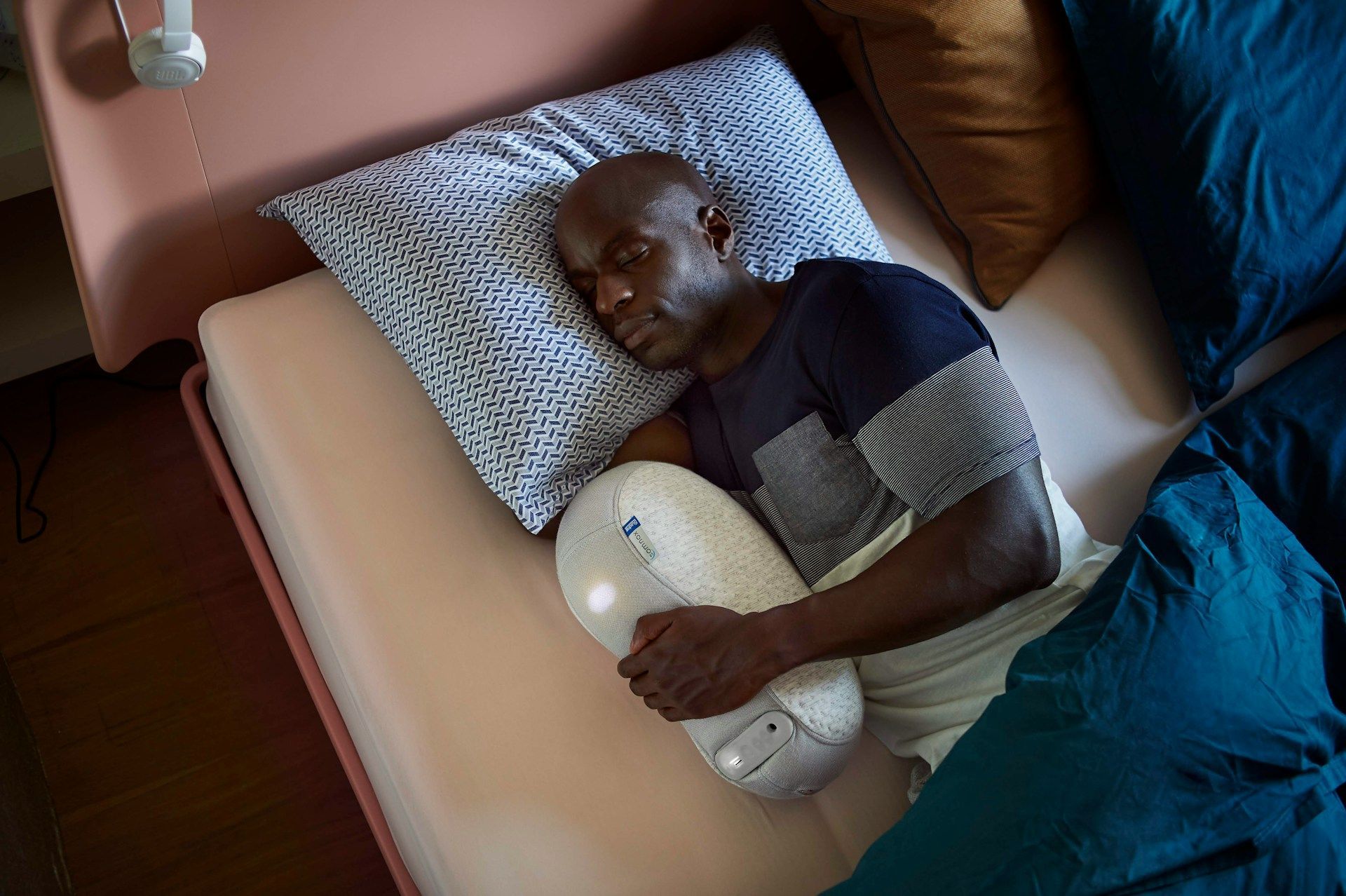Understanding the Connection Between Sleep Apnea and Cardiovascular Health

Sleep Advantage is a leading sleep apnea treatment center in Arlington, WA, focusing on providing personalized, comprehensive care for patients who struggle with snoring. Our commitment to educating and empowering our patients is driven by the understanding that proper sleep apnea treatment can significantly impact various aspects of their lives, including their cardiovascular health.
The connection between sleep apnea and heart health is a subject of considerable interest among sleep specialists and cardiologists. Obstructive sleep apnea (OSA), the most common form of sleep apnea, is characterized by repeated interruptions in breathing during sleep due to the relaxation and collapse of the airway muscles. These interruptions cause temporary drops in oxygen levels, which can lead to numerous long-term health risks, including cardiovascular problems.
In this informative blog post, we will explore the relationship between sleep apnea and cardiovascular health, highlighting the potential risks associated with untreated sleep apnea and explaining how proper treatment can lead to improved heart function and overall well-being. At Sleep Advantage, we believe that by equipping our patients with a thorough understanding of the various health implications of sleep apnea, they become better prepared to make informed decisions about their treatment options.
Research has shown a strong link between sleep apnea and various cardiovascular issues, such as high blood pressure (hypertension), heart arrhythmias, heart failure, stroke, and coronary artery disease. Untreated sleep apnea may contribute to the development of these conditions by causing chronic disruptions in sleep, leading to low oxygen levels, increased heart rate, elevated blood pressure, and inflammation.
This comprehensive guide will explore the risks associated with untreated sleep apnea and their impact on cardiovascular health. We will also discuss how early intervention and proper sleep apnea treatment can mitigate these risks, benefiting your heart and overall well-being. You will also learn how to recognize the warning signs and symptoms of sleep apnea-related heart issues and how our dedicated team at Sleep Advantage can help you navigate your sleep apnea treatment journey.
Understanding the Connection Between Sleep Apnea and Cardiovascular Health
To comprehend the relationship between sleep apnea and cardiovascular health, we will discuss the specific cardiovascular risks associated with untreated sleep apnea, the role of early detection and intervention, and ways to reduce these risks through appropriate treatment options.
Sleep Apnea and Its Cardiovascular Risks
The chronic disruptions in sleep and oxygen levels caused by untreated sleep apnea can lead to several cardiovascular issues. Below are some of the main conditions associated with untreated sleep apnea:
1. Hypertension:
Disrupted sleep and drops in oxygen levels can cause elevated blood pressure. Over time, this can lead to hypertension, a significant risk factor for heart disease and stroke.
2. Heart Arrhythmias:
Sleep apnea can result in irregular heart rhythms, such as atrial fibrillation, which increases the risk of stroke and other heart-related complications.
3. Heart Failure: Untreated sleep apnea can contribute to heart failure by causing the heart to work harder to compensate for the low oxygen levels, resulting in an enlarged and weakened heart.
4. Stroke:
Sleep apnea is associated with a higher risk of stroke due to the combined effects of low oxygen levels, high blood pressure, and heart arrhythmias.
5. Coronary Artery Disease:
Chronic inflammation and elevated blood pressure due to sleep apnea may increase the risk of coronary artery disease, the leading cause of heart attacks.
Early Detection and Intervention
Recognizing the warning signs of sleep apnea-related heart issues is crucial for timely intervention and risk reduction:
1. Observe for Symptoms:
Common sleep apnea symptoms include loud snoring, gasping for air during sleep, daytime sleepiness, morning headaches, and difficulty concentrating.
2. Monitor Blood Pressure: Regular blood pressure checks can help detect hypertension and potential sleep apnea complications early on.
3. Seek Medical Advice:
Consult a sleep specialist or a cardiologist if you suspect you have sleep apnea or are experiencing symptoms of a heart-related issue.
Reducing Cardiovascular Risks through Sleep Apnea Treatment
Appropriate sleep apnea treatment can help reduce the associated cardiovascular risks and improve overall heart health:
1. Oral Appliance Therapy:
Oral appliance therapy offers a non-invasive alternative for patients with mild to moderate sleep apnea. By repositioning the jaw and tongue, these devices help keep the airway open, improving oxygenation and heart function.
2. Lifestyle Modifications: Maintaining a healthy weight, exercising regularly, avoiding alcohol and sedatives, and practicing good sleep hygiene can all contribute to improving sleep apnea symptoms and reducing heart-related risks.
3. Close Follow-Up:
Regular check-ups with sleep specialists and cardiologists can ensure treatment effectiveness and monitor progress in improving cardiovascular health.
Sleep Advantage: Your Partner in Heart-Healthy Sleep
The dedicated team at Sleep Advantage is committed to providing comprehensive care for sleep apnea patients, helping them navigate the complexities of sleep apnea treatment, and achieving better heart health:
1. Sleep Assessments:
Our sleep specialists conduct thorough assessments to provide accurate diagnosis and treatment recommendations based on individual needs and unique risk profiles.
2. Personalized Treatment: Whether it's through oral appliance therapy or lifestyle modifications, we work closely with patients to develop personalized treatment plans that address their specific sleep apnea concerns.
3. Ongoing Education and Support: We ensure that our patients have the knowledge and resources needed to make informed decisions about their treatment and improve their cardiovascular health.
4. Continuous Care:
We understand the importance of ongoing care, and we are dedicated to working with our patients long-term to monitor their treatment progress and overall health.
Conclusion
Untreated sleep apnea poses a significant risk to cardiovascular health, but with early intervention and appropriate treatment, it is possible to mitigate these risks and improve overall well-being. Understanding the connection between sleep apnea and heart health is essential to making informed decisions about the best course of action for managing sleep apnea and reducing its potentially harmful effects.
At Sleep Advantage, our team of sleep specialists is here to help you navigate your
sleep apnea treatment journey, offering personalized care and support every step of the way. With our guidance and your commitment to treatment, you can work toward better sleep, a healthier heart, and improved life quality.
Disclaimer:
Our blog articles serve to educate readers about various treatment options for sleep apnea and TMJ disorders. It's important to understand that while we discuss multiple treatments in our posts, not all of these options may be accessible at our clinic. We encourage you to reach out and schedule a consultation with us. This way, we can carefully devise a personalized treatment plan that caters to your specific needs.










